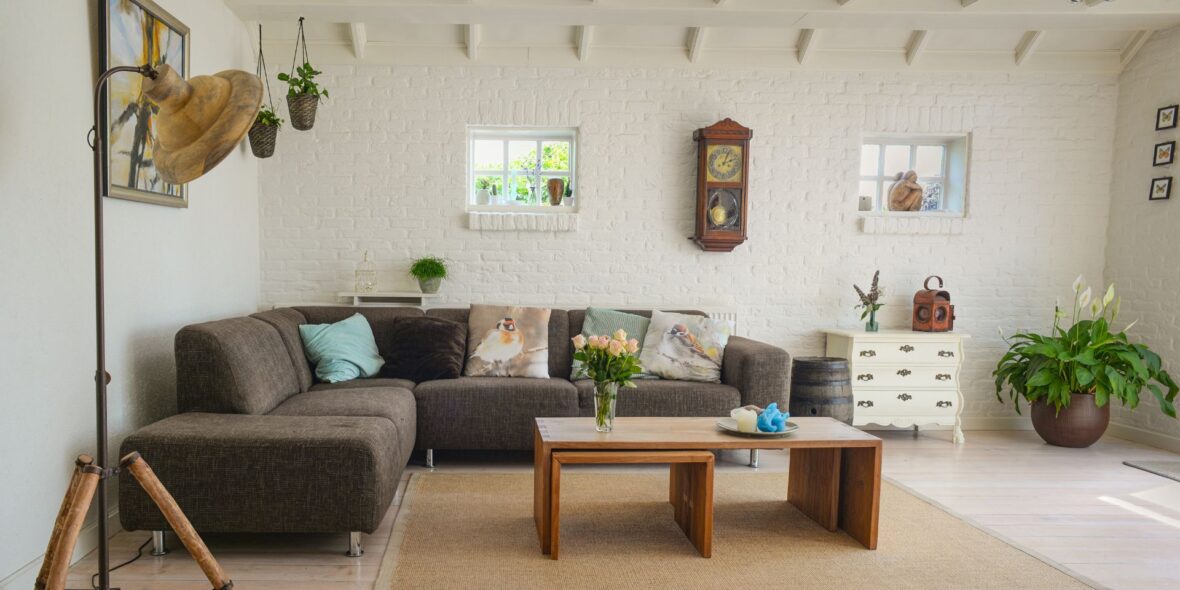The Ultimate Guide to Renting Apartments in Dubai, Abu Dhabi, and Sharjah
Renting an apartment in the UAE, particularly in cities like Dubai, Abu Dhabi, and Sharjah, is a significant step for residents and newcomers alike. These emirates offer a range of housing options that cater to various budgets and lifestyles. To help you navigate the process, we’ve compiled this comprehensive guide covering everything from choosing the right location to understanding the legalities.
1. Understand the Local Rental Market
Before beginning your search, it’s essential to understand the dynamics of the rental market in each emirate:
- Dubai: Known for its luxury apartments and iconic skyscrapers, Dubai offers everything from high-end apartments in Downtown Dubai to affordable options in areas like International City.
- Abu Dhabi: The capital city provides a mix of modern apartments and spacious family accommodations. Areas like Al Reem Island are popular for their waterfront views.
- Sharjah: Often considered a more affordable option, Sharjah is ideal for families and individuals seeking larger spaces at lower prices.
2. Determine Your Budget
- Rental Costs: Rental prices vary significantly depending on location, size, and amenities. Dubai tends to be more expensive compared to Sharjah and Abu Dhabi.
- Additional Expenses: Include utility bills, maintenance fees, and parking charges in your budget.
- Payment Terms: In the UAE, rent is usually paid via post-dated checks, often in 1-12 installments.
3. Choose the Right Location
The location of your apartment will significantly impact your daily life. Consider:
- Proximity to Work: Areas like Business Bay in Dubai or Al Maryah Island in Abu Dhabi are great for professionals.
- Schools and Amenities: Families may prefer areas with schools, parks, and supermarkets nearby, such as Mirdif in Dubai or Al Nahda in Sharjah.
- Public Transport Access: Ensure the area has easy access to metro stations, buses, or taxis.
4. Types of Apartments Available
- Studio Apartments: Compact and cost-effective, ideal for singles.
- 1-3 Bedroom Apartments: Suitable for small families or roommates.
- Luxury Apartments: High-end properties with premium amenities in areas like Dubai Marina or Saadiyat Island.
- Serviced Apartments: Fully furnished units with additional services like housekeeping.
5. Use Reliable Platforms for Your Search
Platforms like BAZAARTRACK offer a seamless experience for browsing and listing apartments for rent. You can filter properties by location, price, and amenities to find the perfect match.
6. Viewing and Inspecting Apartments
When visiting apartments, keep an eye on:
- Condition: Check for any damages, mold, or maintenance issues.
- Amenities: Confirm the availability of promised features like swimming pools, gyms, or parking.
- Neighborhood: Assess noise levels, cleanliness, and safety.
7. Legal Considerations
- Rental Agreement: Ensure the agreement is comprehensive and includes details like rent amount, payment terms, and maintenance responsibilities.
- Ejari (Dubai): In Dubai, landlords must register tenancy contracts with Ejari. This is essential for utilities and legal protection.
- Tawtheeq (Abu Dhabi): Abu Dhabi uses the Tawtheeq system for rental contracts.
- Security Deposit: Typically, a refundable deposit equivalent to 5% of the annual rent is required.
8. Tips for Negotiating Rent
- Market Research: Compare similar listings in the area to understand market rates.
- Long-Term Leases: Landlords may offer discounts for longer rental agreements.
- Off-Peak Season: Renting during off-peak times (e.g., summer) may yield better deals.
9. Common Challenges and How to Overcome Them
- Delayed Maintenance: Include a maintenance clause in your contract to hold landlords accountable.
- Disputes: In case of disagreements, you can approach the Rental Dispute Settlement Centre (Dubai) or relevant authorities in Abu Dhabi and Sharjah.
- Unexpected Costs: Always clarify any additional fees before signing the contract.
10. Moving In
- Utilities Setup: Register for water, electricity, and internet services promptly.
- Inspection Report: Document the condition of the apartment during move-in to avoid disputes later.
- Community Rules: Familiarize yourself with building regulations, such as noise policies or visitor rules.
Conclusion
Renting an apartment in Dubai, Abu Dhabi, or Sharjah can be an exciting experience if approached with the right knowledge. By understanding the market, legalities, and your own requirements, you can secure the perfect home for your needs. Don’t forget to explore BAZAARTRACK for a hassle-free property search and listing experience.

